In 1917 the Soviets’ socialist ‘dictatorship of the people’ overturned the 500-hundred year old Czarist establishment. For many people, especially those fully aware of World War 2 history, the Soviet Union seemed a permanent feature of world politics. But the Soviet Union disappeared in 1991, nearly seventy-five years after the Soviet Revolution.
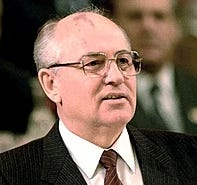
Was Mikhail Gorbachev (1931-2022) personally responsible for destroying it? Many commentators seem to think so. They say he was responsible for not only dismantling communism but the Soviet empire, thus stoking local wars and a chain of events leading to Vladimir Putin and the European Union’s undeclared war on Russia. We can add to that the EU’s apparent present tendency to economic suicide. The latter is obviously solely the fault of the decades-long, disastrous geopolitical strategy of Brussels.
Soviet surge to World Power
In WW2 the USSR sacrificed millions of its soldiers in the fight against Nazi Germany. Under the orders of the Communist dictator Joseph Stalin, it had changed from a rural, agricultural economy to one which was not only industrial but technologically advanced.
It was on the up and up.
To prove it, the USSR launched the first earth satellite, Sputnik 1, on 4 October 1957.
They had major, high tech rocket power to launch it into space.
The USSR then launched Laika, the first dog, a female, into space.
It launched the first man in space, Yuri Gagarin.
Then to show off its ideological socialism and claim a further first before the USA, the USSR later launched the first woman in space, Valentina Tereshkova. She spent nearly three days in space.
That was not all.
The USSR also claimed the first space walk.
On 12 September 1959, the Soviet team sent a satellite, Luna 2, loaded with radio telemetry and a Sodium flare for astronomers to see it on its way to the Moon.
It carried two spheres with 72 Titanium alloy pendants that were scattered over the eastern Mare Imbrium giving lasting proof of the USSR achievement.
Till then the USA had not yet been able to put a man up even into sub-orbital space for a dozen minutes and bring him safely down. That did not occur until 1961.
It seemed that the Soviet Union was not only a permanent fixture of world politics, but that it was outstripping the USA as the leading technological power. Was it set for world dominance?
The Soviet Union will collapse
Was the second half of the 20th century to be the Soviet century?
Not at all, according to Robert Schuman, the initiator and founder of the European Community. Schuman had been twice prime minister of France. He had helped initiate the great institutions of Europe: the Council of Europe, NATO, and the European Payments Union.
The Soviet Union would collapse before the turn of the century, he told three young parliamentary colleagues at Strasbourg in 1959. One of these young politicians, Hans-August Luecker, told me that the three were more embarrassed than impressed by this conclusion and his call for responsible and anticipatory action.
But it was part of a consistent and persistent theme of Schuman’s speeches.
'We must construct Europe, not in the interest of the free peoples alone but also to be able to welcome in it the peoples of the East, who freed from the repression that they have been subject to until the present, will ask us for their adhesion and for our moral support. ... We consider as integrating part of a living Europe all those who desire to rejoin us in a reconstituted Community. We pay homage to their courage and their faithfulness as well as their suffering and their sacrifices.' (Quoted in my short book, New Cold War or Common European Home, p vii, 1997. A copy of this was sent to European Commissioners and one was presented to Mikhail Gorbachev.)
Thus while the Soviet Union was probably at the height of its power, Schuman predicted the fall of the Soviet Union. Gorbachev was still in his twenties.
What were Schuman’s analyses and deductions? Several lines of approach could be envisaged, as Schuman was an expert statistician.
His conclusions and arguments were sufficient to convince the German Chancellor Konrad Adenauer. He said that grandchildren of the present Soviet leaders would not be Communist.
This conclusion, vital for the future of the West, seems not to have been made by the Central Intelligence Agency of the USA. It was not followed by Western European leaders. They all seem to have been taken by surprise by the fall of the Soviet Union in 1991, as were many other people.
Is it too late for Brussels to learn the lessons it neglected?


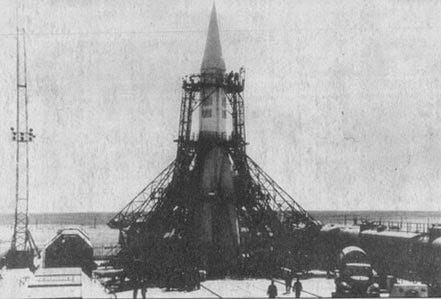
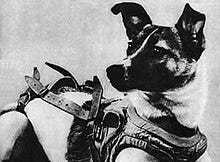
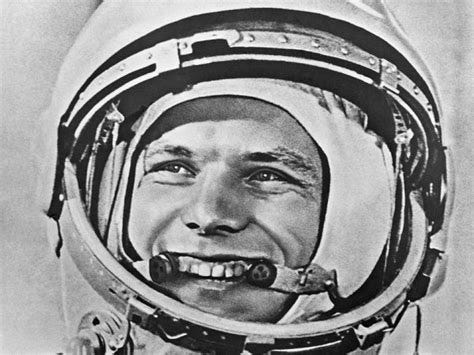
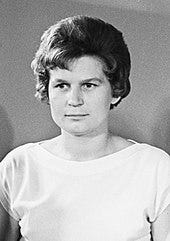





No comments:
Post a Comment